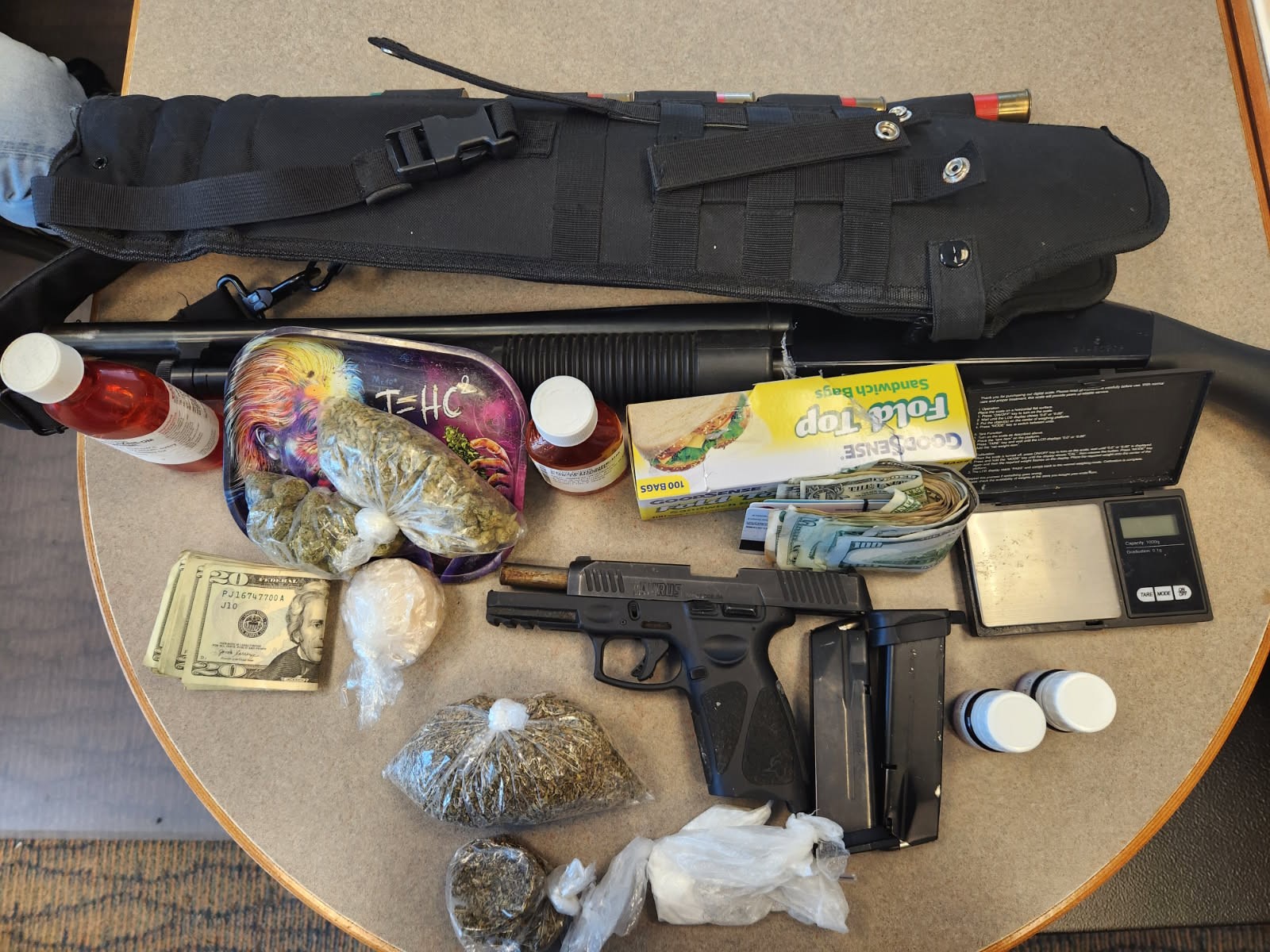Staying safe while cleaning up after the storm
Published 12:17 pm Thursday, August 27, 2020
|
Getting your Trinity Audio player ready...
|
While Orange County shifts to recovery mode after Hurricane Laura made landfall on Thursday morning in Cameron, Louisiana, clean up and assessing the damages is underway.
If your home has damage, do not reenter until it has been examined by a building inspector for safety.
Prevent mold growth; by airing out rooms and disinfecting.
Trending
Tap water may not be safe to drink. Listen to local warnings.
Throw away food that may be unsafe. Throw away food that may have come in contact with flood or storm water; perishable foods that have not been refrigerated properly due to power outages; and those with an unusual odor, color, or texture. Foods in your refrigerator when the power has been off for four or more hours is considered unsafe according to https://www.cdc.gov/ Unsafe food can make you sick even if it looks, smells, and tastes normal. When in doubt, throw it out.
Prevent carbon monoxide poisoning. Use generators, stoves, and grills outside and away from windows and doors.
Be careful when entering damaged buildings. It is advised to stay away from any damaged buildings or structures until a building inspector or other government authority has had a chance to examine it and certify that it’s safe.
Wait until daylight to return to buildings so it’s easier to see and avoid any hazards- especially if the power is out.
Leave your home or other building if you hear any shifting or strange noises- this could mean it’s about to fall.
Trending
If you smell gas or suspect a leak, leave your house/building and contact emergency authorities right away! Don’t turn on the lights, light matches, smoke, or do anything that can cause a spark. Don’t return to the building until you’re told it’s safe to do so.
Avoid electrical hazards both in your home and elsewhere:
- Never touch a fallen power line. Call the power company to report fallen power lines.
- Avoid contact with overhead power lines during cleanup and other activities.
- Do not drive through standing water if downed power lines are in the water.
- If a power line falls across your car while you are driving, stay inside the vehicle and continue to drive away from the line. If the engine stalls, do not turn off the ignition. Warn people not to touch the car or the line. Call or ask someone to call the local utility company and emergency services. Do not allow anyone other than emergency personnel to approach your vehicle.
- If electrical circuits and electrical equipment have gotten wet or are in or near water, turn off the power at the main breaker or fuse on the service panel. Do not enter standing water to access the main power switch. Call an electrician to turn it off.
- Never turn power on or off yourself or use an electric tool or appliance while standing in water. Do not turn the power back on until electrical equipment has been inspected by a qualified electrician. All electrical equipment and appliances must be completely dry before returning them to service. Have a certified electrician check these items if there is any question.
- If you see frayed wiring or sparks when you restore power, or if there is an odor of something burning but no visible fire, you should immediately shut off the electrical system at the main circuit breaker.
- Consult your utility company about using electrical equipment, including power generators. Do not connect generators to your home’s electrical circuits without the approved, automatic-interrupt devices. If a generator is on line when electrical service is restored, it can become a major fire hazard and it may endanger line workers helping to restore power in your area.





